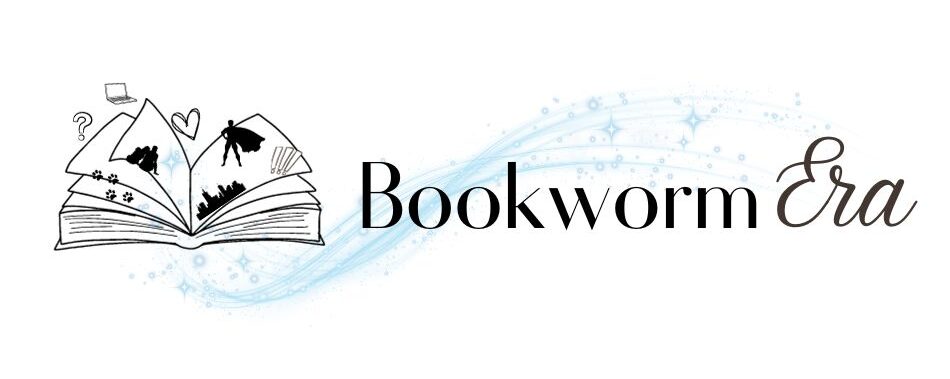Chess Books for Beginners: Essential Guide to Mastering the Game
Disclaimer: When you buy from links on our site, we may receive a commission at no additional cost to you. Learn more
Chess is a classic game loved by millions globally. Whether you’re starting to play chess or aiming to get better, beginner chess books are helpful. They can boost your understanding of the game and make it more enjoyable. This article will look at different aspects of chess books for beginners. From learning the basics to exploring various materials, these books can guide you from being a beginner to a more skilled player.
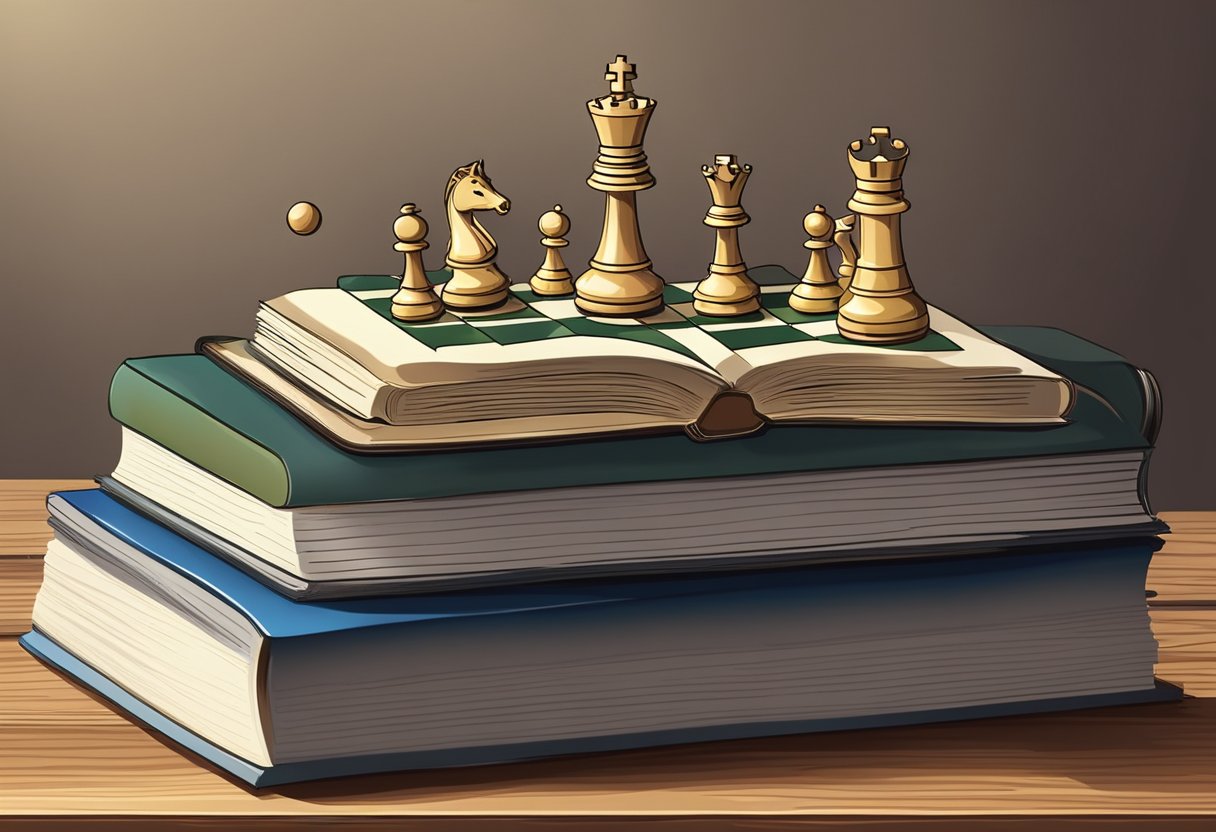
Choosing the correct chess books for beginners is crucial. Look for books that help build a solid foundation in chess strategy and tactics. Good beginner chess books won’t just cover the basics but also include exercises and resources to help you practice and improve. Moreover, these books will share the wisdom and experiences of chess masters, speeding up your progress in the game.
Highlights:
- Selecting beginner chess books that focus on the development of strategy and tactics leads to a solid foundation.
- Chess exercises and resources found in high-quality beginner books help in improving and refining skills.
- Learning from masters and grandmasters via these books can accelerate progress beyond the basics of chess.
Understanding the Basics of Chess
Introduction to Chess Rules
Chess is a strategic board game played between two players. The objective is to maneuver your pieces strategically to capture your opponent’s king. The game can end in three ways: checkmate, when a king is in a position to be captured with no legal move to avoid capture; stalemate, when neither player can make a legal move and no king is in check; or a draw, when the game reaches a situation where neither player can force a checkmate. A solid understanding of these basic rules is essential for anyone new to the game and eager to learn how to play chess.
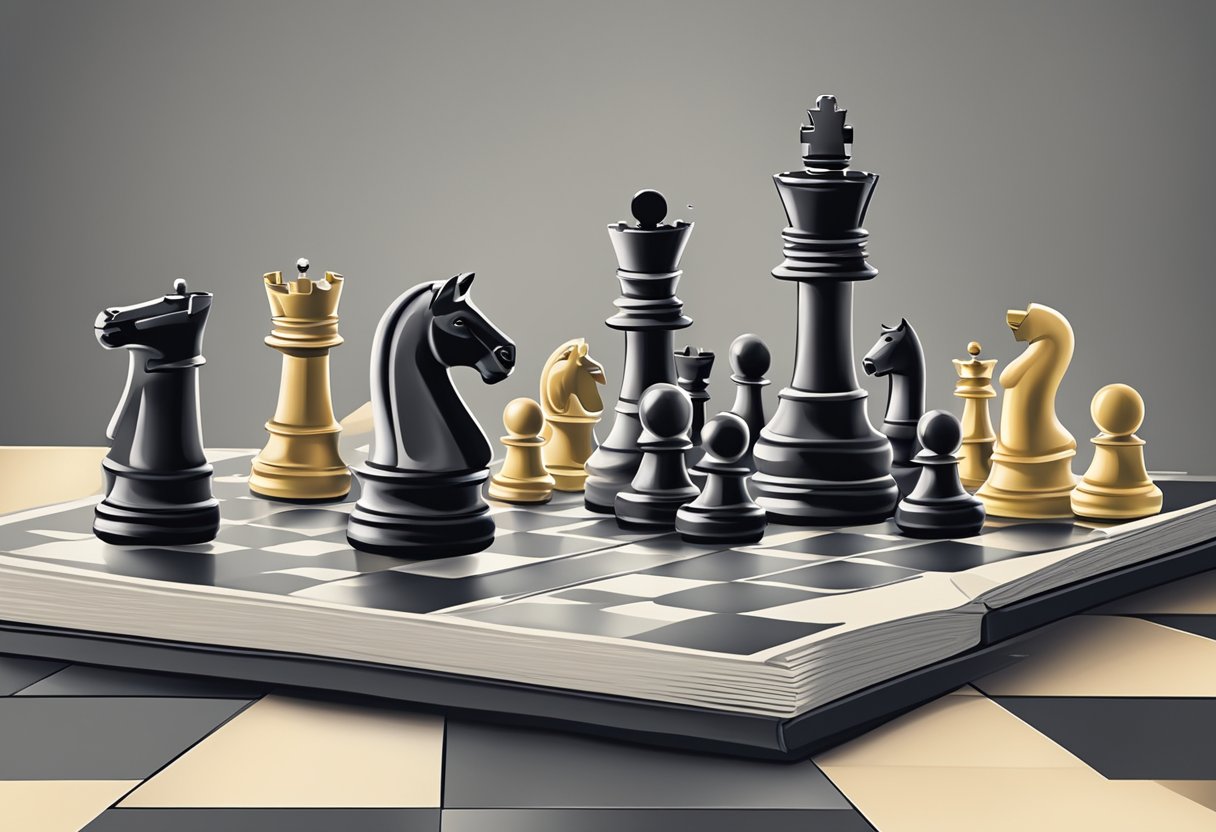
Essential Chess Terminology
A foundation in chess terminology is crucial for beginners to effectively communicate and understand the game. Here are some key terms:
- Check: A position where the king is under immediate threat of capture.
- Checkmate: A position where the king is in check and there is no legal move to escape capture.
- Stalemate: A position where neither player can make a legal move, but no king is in check.
- Opening: The initial moves of a chess game, focused on piece development and control of the center.
- Middle game: The stage of the game where players enact their strategies and engage in tactics.
- Endgame: The final stage of the game, where only a few pieces remain on the board, and players try to force checkmate or promote their pawns to queens.
Familiarizing yourself with these terms will help in understanding the basics of chess play and make the learning process more enjoyable.
Board Setup and Piece Movement
The chess board consists of 64 squares in an 8×8 grid, alternately colored dark and light. Each player begins with 16 pieces: one king, one queen, two bishops, two knights, two rooks, and eight pawns. The board is set up with the pieces on the two rows closest to each player, with the pawns occupying the second row, and the other pieces on the first row.
Here is a brief overview of how each piece moves:
- King: Moves one square in any direction (vertical, horizontal, or diagonal).
- Queen: Moves any number of squares in any direction (vertical, horizontal, or diagonal) without jumping over other pieces.
- Rooks: Move any number of squares vertically or horizontally without jumping over other pieces.
- Bishops: Move any number of squares diagonally without jumping over other pieces.
- Knights: Move uniquely in an L-shaped pattern (two squares in one direction followed by one square perpendicular to that direction), and can jump over other pieces.
- Pawns: Move forward one square, but capture diagonally forward. Special moves include the initial two-square move and en passant.
Studying these basic rules and terminology, dedicated practice, and learning from chess books for beginners will help you master the game of chess. As your understanding and skills develop, you’ll be ready to dive further into openings, tactics, and endgame strategy. Keep practicing, and enjoy the journey!
Selecting the Right Chess Books for Beginners
Choosing the right chess books for beginners is a crucial step in mastering the game. It’s essential to find resources that not only cover the fundamentals of chess strategy and tactics but also provide practical exercises and insights from experienced players. In this journey of learning chess, the right books can serve as valuable companions, guiding beginners to build a strong foundation and accelerate their progress on the chessboard.

Criteria for Choosing the Best Books
Selecting the right chess books for beginners involves considering several factors. One of the most important criteria is clarity and simplicity. A good book for beginners should explain the concepts in a way that is easy to understand, even for those who have little to no experience with chess. Additionally, the book should cover fundamental concepts such as piece movement, basic tactics, and strategies that beginners should focus on.
Organization and structure also matter when choosing chess books. A well-organized book with clearly defined sections, headings, and subheadings helps the reader to comprehend and focus on each topic. The book should have relevant examples and exercises that gradually become more difficult, reinforcing understanding through practical application.
Top Recommended Books for New Players
Here are some top recommended chess books for beginners, taking into consideration the criteria mentioned above:
- Bobby Fischer Teaches Chess by Bobby Fischer, Stuart Margulies, and Don Mosenfelder: This book starts with basic concepts and gradually introduces more advanced tactics, making it an excellent choice for those starting out in chess.
- Winning Chess series by Yasser Seirawan: This series covers various aspects of the game, including openings, strategies, tactics, and endgames. It provides a comprehensive approach to chess learning, suitable for beginners.
- The Complete Idiot’s Guide to Chess by Patrick Wolff: Aimed at those who are new to the game, this book effectively introduces chess fundamentals, helping beginners develop a strong foundation in the game.
- Chess 101 by Dave Schloss: Described as a self-contained beginner’s chess course, this book covers everything from basic topics such as the board and pieces to the structure and rules of chess tournaments.
- Winning Chess Strategy for Kids by Jeff Coakley: Although specifically targeted at kids, this book offers a clear and comprehensive approach to chess strategies that can benefit beginners of all ages.
Developing Chess Strategy and Tactics
Becoming a chess master goes beyond mastering the basics; it requires delving into the details of strategy and tactics. Choosing the right learning materials is crucial for this journey. Beginner chess books are key in offering important insights, exercises, and the wisdom of experienced players. Exploring the world of chess strategy and tactics is vital for those who aim to improve their skills and deepen their understanding of the game.
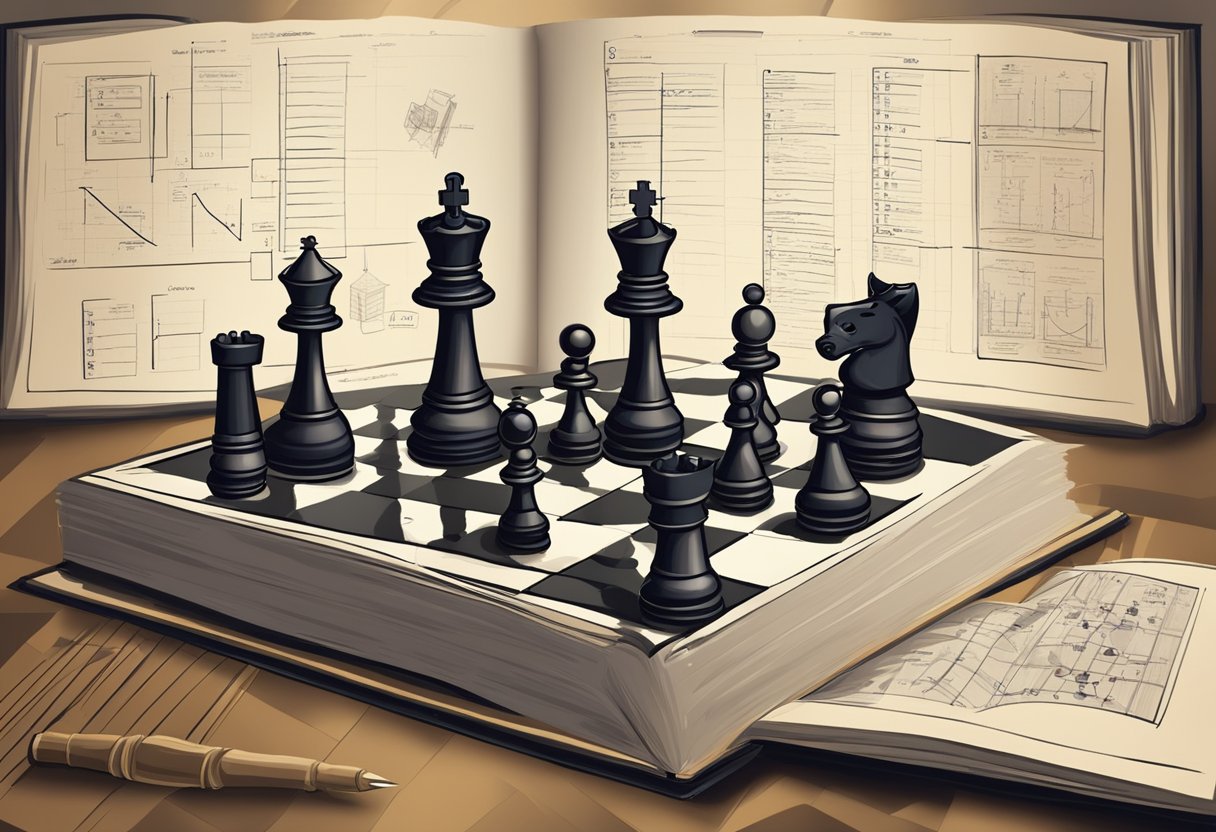
Fundamental Chess Strategies
Developing a solid chess strategy is crucial for beginners as it helps provide a clear plan to follow during a game. Understanding the principles of pawn structure, piece development, and king safety are essential for laying a strong foundation. Coordination between pieces and controlling the center of the board should be prioritized. As players progress, focusing on more advanced concepts, such as outposts and weak squares, becomes vital in refining their strategic play.
Tactical Play and Combinations
Mastering tactical play involves recognizing and exploiting opportunities that arise during a game. The core component of tactics is combinations, which are sequences of moves that provide an advantage, often material gain or checkmate threats. Here are some common tactics that beginners should be familiar with:
- Forks
- Pins
- Skewers
- Discovered attacks
- Double checks
Practicing these chess tactics through puzzles and studying books like 1001 Chess Exercises for Beginners will help build a strong foundation for subsequent improvement.
Common Chess Openings and Responses
One key aspect of chess strategy is understanding the common openings and their responses. A strong opening places the player in a favorable position, creating opportunities for tactical combinations and setting the stage for the middle game. Examining openings also results in familiarity with appropriate responses, preventing opponents from gaining an advantage. Van der Sterren’s Fundamental Chess Openings is a recommended book for understanding the ideas and key lines behind different opening systems.
In conclusion, chess strategy and tactics are crucial aspects of the game, and beginners should regularly enhance their grasp of these elements to advance. Reading and practicing with recommended books, along with playing regular games, will build the necessary skills to succeed in chess.
Improving Through Chess Exercises
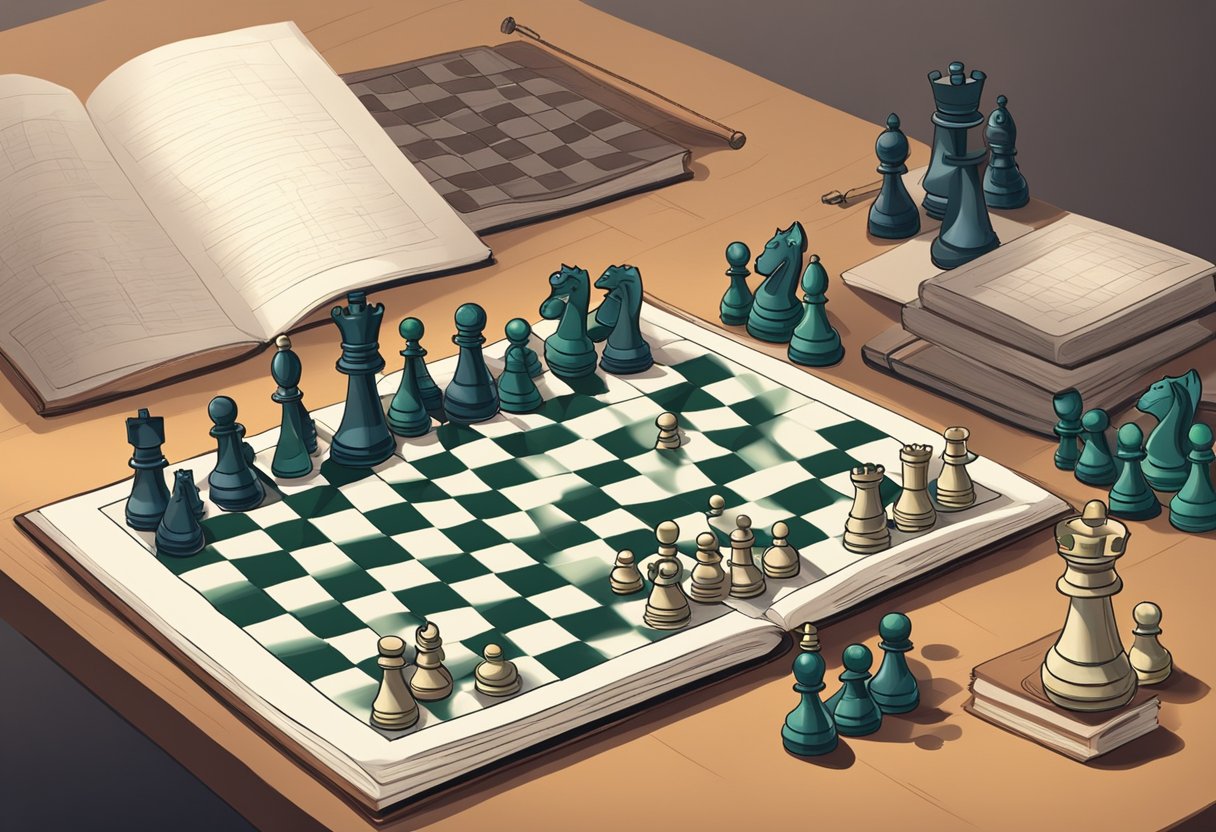
Effective Use of Chess Puzzles
Chess puzzles are essential tools for beginners to develop their skills and improve their overall gameplay. They offer players the opportunity to study specific positions, identify tactical motifs, and gain a deeper understanding of complex strategies. By regularly solving puzzles, beginners can enhance their pattern recognition and increase their tactical acumen.
One popular resource for beginners is the Chess Tactics for Club Players book. This resource caters to a wide range of skill levels and contains a variety of puzzles focusing on tactics, forks, pins, and skewers. Another interactive book, ideal as a first chess book, is Getting into Chess. It provides readers with multiple-choice questions based on different chess ideas, thereby allowing them to learn through active engagement.
When attempting chess puzzles, it’s crucial to adopt a systematic approach:
- Analyze the position: Assess the board and determine the relative strengths and weaknesses of each side.
- Identify potential tactics: Look for common patterns such as forks, pins, and discovered attacks.
- Calculate variations: Visualize different move sequences and their consequences on the board.
- Evaluate the final position: Decide if the resulting position justifies the initial move.
Structured Practice Routines
A well-defined practice routine is essential for beginners to steadily improve their chess skills. By focusing on specific areas of improvement, players can make the most of their study time and accelerate their learning process. Here are some steps to create an effective practice routine:
- Review master games: Studying games played by renowned grandmasters allows beginners to learn essential opening principles, middlegame strategies, and endgame techniques.
- Solve tactics puzzles: Regularly solving tactical exercises will sharpen a beginner’s tactical mindset and improve their ability to spot winning opportunities.
- Engage in active learning: Books like the Chess Improvement Workbook offer exercises on board visualization, beginner chess tactics, and intermediate checkmates. Working through these exercises allows learners to apply their skills actively.
- Play practice games: Consistently playing practice games against opponents of various skill levels helps beginners identify their strengths and weaknesses, and adopt the concepts learned in their study sessions.
Remember, consistency and patience are key to success in chess improvement. By diligently following a structured practice routine and utilizing a variety of resources, beginners can expect to see noticeable progress in their gameplay over time.
Progressing Beyond Basics
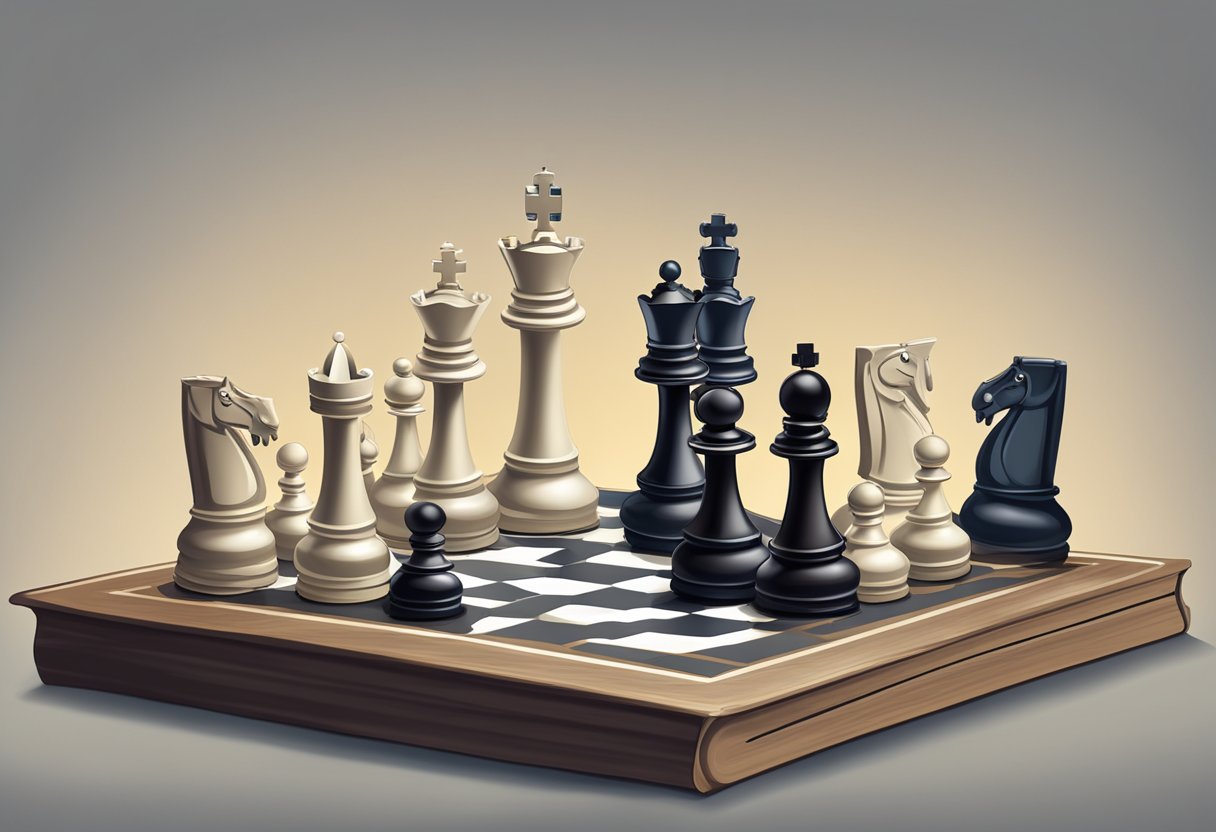
Intermediate Techniques and Concepts
As a beginner, it is essential to learn the basics of chess and build a solid foundation. However, to progress further and become an advanced player, one must focus on intermediate techniques and concepts. Several books can help the transition from a beginner to an intermediate player by covering topics such as tactics, positional play, and chess strategy.
One such book is Learn Chess by John Nunn, which provides comprehensive coverage of essential chess aspects for both beginners and intermediate players. Other helpful books include Pandolfini’s Ultimate Guide to Chess by Bruce Pandolfini and Learn To Play Chess Like A Boss by Patrick Wolff.
Once the player has gained an understanding of intermediate techniques, they will need to further enhance their chess moves and strategies. Some books focus on specific aspects like tactics and positional play. For example:
- My System by Aron Nimzowitsch, which covers positional play in detail.
- Chess Tactics for Champions by Susan Polgar and Paul Truong, which focuses on various tactical motifs.
Advancing to Middlegame and Endgame Mastery
As chess players improve, mastering the middlegame and endgame phases becomes crucial to their success. The middlegame is the phase where the player’s strategic understanding, tactical vision, and positional play significantly affect the game outcome. Some of the best chess books for beginners transitioning to advanced players to hone their middlegame skills are:
- Mastering Chess Middlegames by Alexander Panchenko
- Winning Chess Middlegames by Ivan Sokolov
In the endgame, the player’s knowledge of specific positions, techniques, and precise calculations determines the game’s outcome. It is essential for an advanced player to study the endgame thoroughly. Here are some books that can help in developing endgame mastery:
- Silman’s Complete Endgame Course by Jeremy Silman
- 100 Endgames You Must Know by Jesus de La Villa
By delving into these books and focusing on the mentioned techniques and concepts, chess players can progress beyond the basics and become more advanced, well-rounded competitors.
Learning from Chess Masters and Grandmasters
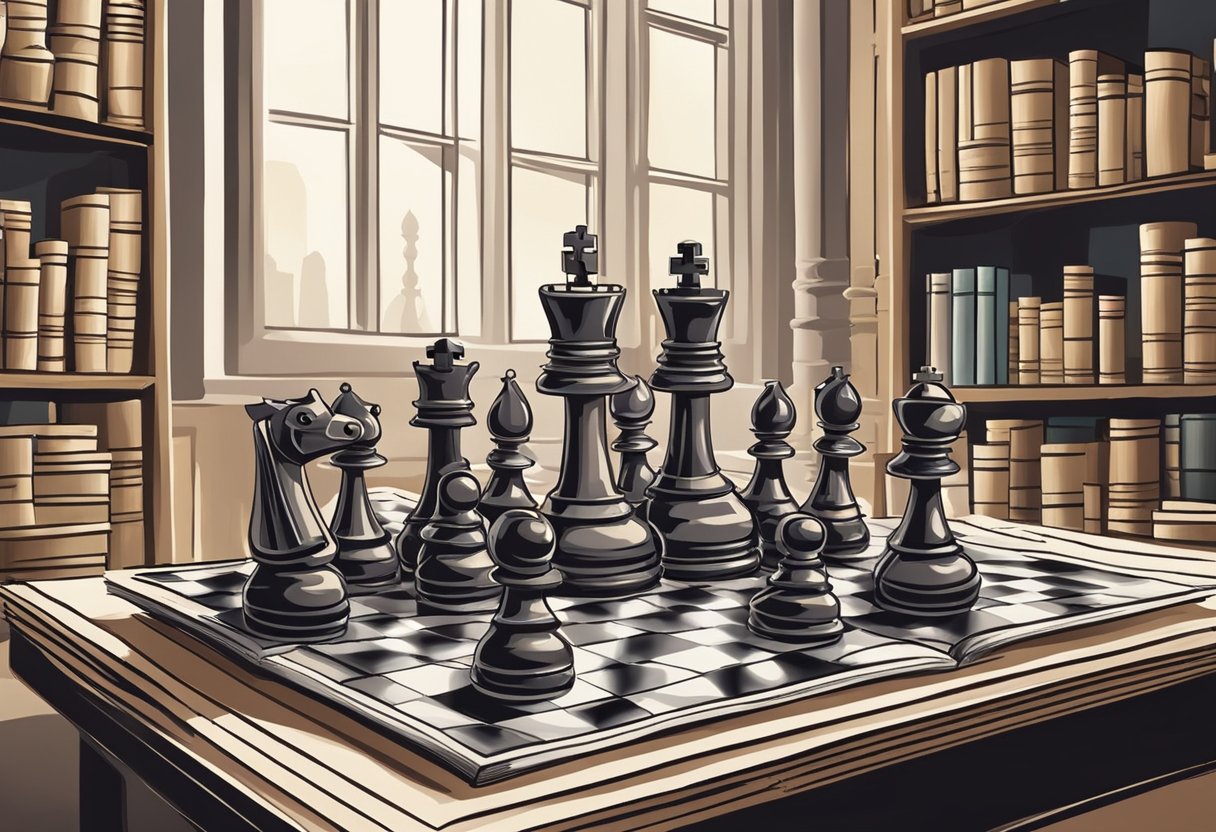
Analysis of Historical Chess Matches
A great way to improve your chess skills as a beginner is to study the games played by chess masters and grandmasters. Watching some of the best chess books of all time can help you understand their extraordinary skills and strategies used in historical matches. Analyzing famous games played by world champions like Bobby Fischer will give you a deep insight into their creative tactical and strategic play.
For example, Bobby Fischer’s book My 60 Memorable Games is highly regarded as one of the best books for learning chess. The book shares Fischer’s move-by-move analysis of some of his most notable matches, providing valuable information on the perspective of a grandmaster.
Biographies and Game Collections
Not only do historical chess matches offer insights, but biographies and game collections can also be an excellent source of knowledge. Such books often chronicle the lives of celebrated chess players, exploring their unique approaches to chess strategy while delving into some of their most famous games.
My System by Aaron Nimzowitsch is a classic example of a book that covers both the history and strategy of a chess master. Nimzowitsch’s work has been hailed by the chess community as a comprehensive guide to modern chess theory and continues to be influential today.
Here are some suggested books for beginner chess players:
- My 60 Memorable Games by Bobby Fischer
- My System by Aaron Nimzowitsch
- Chess Fundamentals by José Raúl Capablanca
Studying the lives, strategies, and techniques of these legendary figures in chess can prove to be a valuable resource for beginners looking to up their game. By delving into the works of masters and grandmasters, one can learn from their expertise and understanding, ultimately enhancing their own play on the chessboard.
Engaging in Practical Chess Play
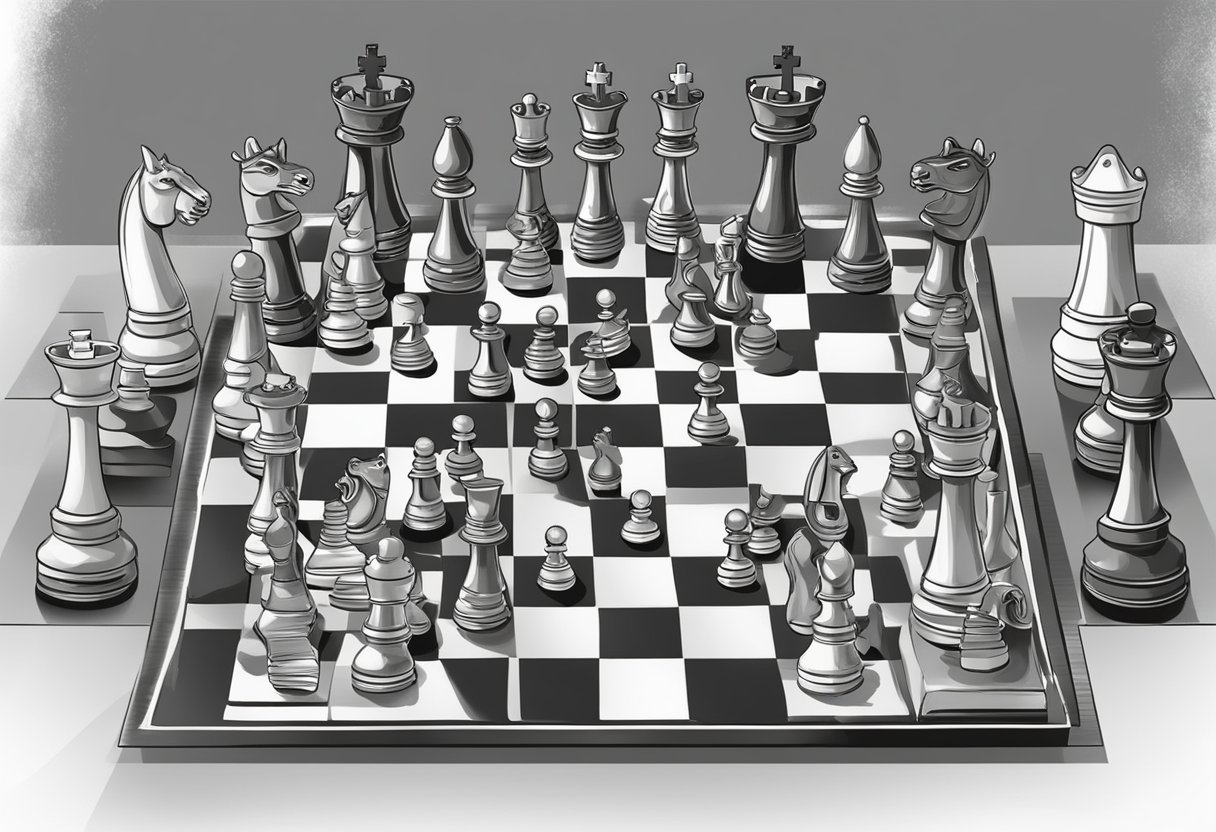
Participating in Chess Clubs and Tournaments
Joining a local chess club is an excellent way for beginners to put their theoretical knowledge into practice. Chess clubs often hold regular meetings, provide a platform for friendly games, host informal tournaments, and may even offer coaching services. Participation in chess clubs and tournaments helps a beginner stay motivated while enjoying a sense of community and camaraderie.
Using Online Resources and Playing AI
In addition to physical gatherings, the internet offers a multitude of resources for beginners to enhance their practical chess experience. Many websites provide learning materials, such as Chess.com and FiveBooks, as well as enabling users to participate in online games against other players.
Furthermore, engaging in chess games against artificial intelligence (AI) is a valuable tool for honing one’s skills. AI opponents can be tailored to a beginner’s skill level, gradually increasing in difficulty as the player progresses. Playing against chess AI also allows for unlimited practice with instant feedback, a key component in steady improvement.
Role of Chess Coaches and Clubs
For a more personalized approach to learning and practicing chess, beginners may consider seeking the guidance of a chess coach. Whether encountered in a club setting or hired privately, a chess coach can provide tailored instruction, focusing on a student’s specific needs and areas for improvement. Chess coaches often employ strategies and techniques found in books like Play Winning Chess, helping beginners understand the fundamental principles of the game.
In conclusion, a combination of chess club participation, online resources, AI games, and chess coaching can create a well-rounded practical chess experience for beginners. Applying the concepts learned from a variety of sources will not only aid in skill development but also foster a deeper understanding of the intricacies of the game.
Chess Resources
Starting your chess mastery journey involves not just interest but having helpful resources to guide your learning. Whether you’re new to the game or looking to improve, having the right chess resources is crucial. In this exploration of chess tools, books, online platforms, and strategies, we’ll look at options for different skill levels. This will provide a roadmap for chess enthusiasts to boost their understanding and skills in the game.
Online Platforms for Learning Chess
There are various online platforms available for individuals wanting to learn chess, regardless of their experience. Websites like Chess.com and Lichess.org provide free and easy access to a plethora of resources, including online matches, puzzle games, and instructional videos. These platforms are suitable for individuals of all ages and contain a vast library of community-generated content.
Chess Learning Tools for Kids
For kids learning chess, it’s essential to have access to materials designed specifically for their age group. Among the available tools are the following:
-
Interactive learning websites, such as ChessKid, which offer children the opportunity to learn the game through engaging games and activities.
-
Mobile apps like Play Magnus – Train and Play Chess, designed to be both educational and entertaining, making chess more approachable for children.
-
Books that cater to a younger audience, for instance, Good Chess Books for Beginners and Beyond, which are tailored to younger players and contain easy-to-understand instructions, illustrations, and puzzles.
Free and Paid Chess Instructional Content
Many resources are available for individuals who are interested in learning chess notation. However, the following sources offer different methods of instruction that cater to different budgets:
-
Websites: Alongside the aforementioned sites like Chess.com and Lichess.org, users might consider utilizing tutorials from ChessJournal.
-
Mobile applications: Magnus Trainer – Learn & Train Chess is a popular app that offers both free and premium features, aiding players in honing their skills.
-
Books: If physical materials are preferred, there are numerous beginner-friendly books available, such as the 7 Best Chess Books For Beginners. While these books are not free, they provide a solid foundation for learning the game.
-
Chess teacher: For those who prefer individualized instruction, hiring a professional chess coach can be an invaluable resource. Fees for one-on-one lessons range widely, so it is essential to consider the expertise and experience of the potential teacher.
Frequently Asked Questions
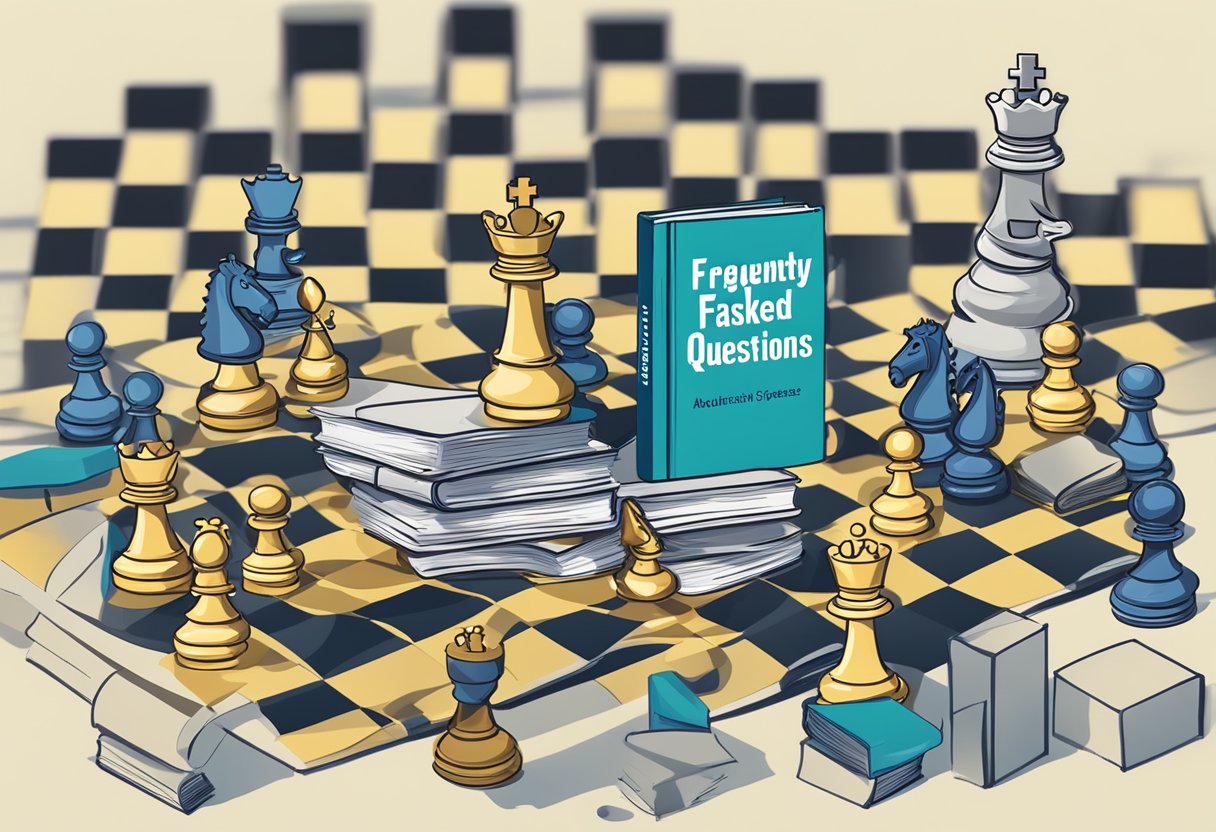
What are the top introductory chess books recommended for new players?
There are many great chess books that can help new players learn the game and improve their skills. Some popular titles include Chess for Beginners: The Complete Guide of Chess for Beginners, Bobby Fischer Teaches Chess, and The Complete Idiot’s Guide to Chess.
How can beginning players improve their openings with a good chess book?
To improve openings, beginners can study chess books that focus on opening strategies, like Modern Chess Openings, Winning Chess Openings, or The Ideas Behind the Chess Openings. These books will help beginners to learn different opening moves, principles, and tactics to gain an advantage at the start of the game.
Are there any excellent chess strategy books suitable for someone just starting out?
Yes, there are chess strategy books tailored for beginners to help them understand key strategic concepts. Some examples include Logical Chess: Move by Move, My System, and Chess Strategy for Club Players. These books carefully explain how to make thoughtful, well-informed decisions in various game situations.
Can one find quality chess books appropriate for young children?
Certainly! There are chess books specially designed for young children, with age-appropriate language and visuals to make learning engaging. Some of these books include Chess for Children, How to Beat Your Dad at Chess, and Crash Course: The Ultimate Beginner’s Course to Mastering Chess.
Which chess books offer comprehensive gameplay improvement for novice level?
For a comprehensive gameplay improvement experience, beginners can explore titles such as 1001 Chess Exercises for Beginners, Chess Tactics for Kids, and The Amateur’s Mind. These books provide an excellent foundation in various aspects of the game, from tactics and strategies to endgames and positional play.
Where can beginners access free chess literature to enhance their game?
There are several online resources where beginners can access free chess literature to improve their gameplay. Websites like Chess.com and ChessArticle.com frequently share articles, blog posts, and recommendations for chess books. Additionally, many public libraries offer access to a collection of chess books and resources.
Victoria Cornell helps women adopt a positive mindset even when the struggles of motherhood feel overwhelming. On her sites, Motherhood Life Balance, Neon Moon and Bookworm Era she writes about ways to reduce stress with mindset, manifesting, goal planning, productivity, and more.
